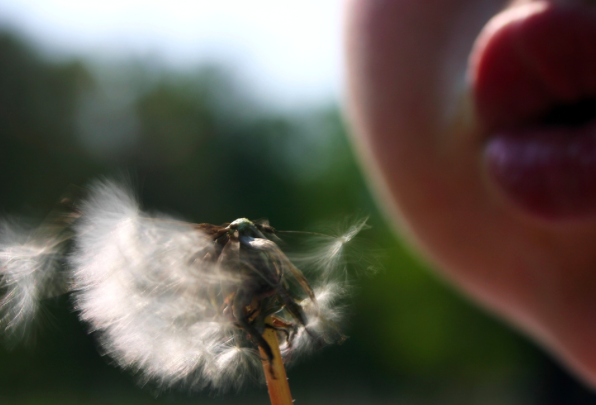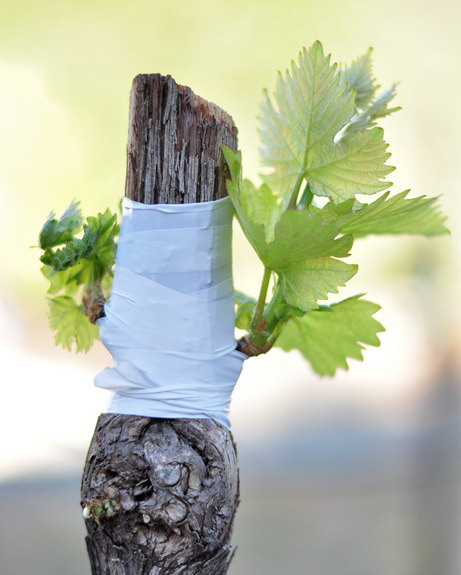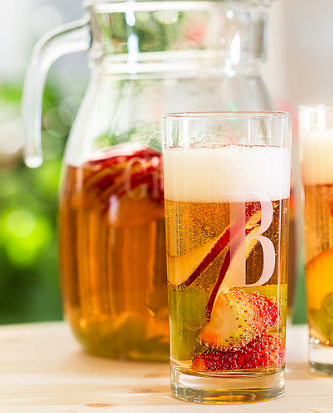Shownotes:
Episode 8 – How to Let Your Wine and your Creative Soul Breathe
This spacious episode features some great (creative commons) music and concerns the aerating of wine and (more importantly) of your creative soul.
(Yes, I have asthma and you can tell! Please forgive all my gasping for breath. It’s been a hard few weeks for me.)
Click to listen now:
Podcast: Play in new window | Download (Duration: 17:50 — 24.5MB) | Embed
Subscribe to Spark My Muse Apple Podcasts | Spotify | Email | TuneIn | RSS | Subscribe to Spark My Muse
This episode is brought to you by…
Life As Prayer: Revived Spirituality Inspired by Ancient Piety
(on the life and legacy of Brother Lawrence’s habit of “practicing the presence of God”)
How can YOU find an enduring sense of God’s presence with you? Learn about 16th century Brother Lawrence and how his understanding of God’s presence continues to enrich lives today.
Don’t forget to subscribe to the podcast AND to my newsletter!
Both your wine and your life must be able to to breathe!
Full and aware breathing can inspire your creative muse and enrich your life in so many ways.
minute 1:00
I excitedly announce two upcoming interviews:
• Daniel J. Lewis interview (a virtuosic creator who’s received national awards for podcasts he produces).
• Sarah Bessey (Jesus Feminist author) Interview (discussing her new Out of Sorts book).
WINE SEGMENT: Letting wine breathe!
minute: 5:00
In wine terms “aeration” is the process of bringing air into wine.
The term dumb (i.e. “dumb wine”) refers to a wine that has little flavor or fragrance.
• Swirling wine mixes it with air and allows it to both breathe and speak!
• Flavor and aroma and the beauty and richness of the wine emerges as space for air gets in (just like us).
TIPS to make a better speaking wine:
(If buying excellent wine isn’t an option….which is most of us!)
Option 1.
Use a blender.
Option 2.
Use a hand blender (this is a method I use)
Option 3.
A cheap and simple solution:
Pour wine into a bowl and whisk it with a fork or whisk (like you would for scrambled eggs).
minute 5:50
Sparking your muse
• Aeration of the soul
• (a short recording) Insights from the middle of my retreat time at the Jesuit Spiritual Center in Wernersville, PA.
Forgetting how to breath.
My asthma and stress; and tightness of breath and soul.
8:30
Sprit of God = breath of life
9:30
On slowing down.
9:50
The fantastic 4-7-8 second breathing exercise I learned to get your breath (and life) back.
11:30
Retreat invitation
(click link to learn more)
12:20
Giving breath to the creative soul…
Creating space and breath for the Creative muse/your soul to truly thrive
13:00
The Scriptural inspiration, history, and meaning of “Breath Prayer”
(as a Christian devotional practice)
Luke 18:9-14
9 To some who were confident of their own righteousness and looked down on everyone else, Jesus told this parable:10 “Two men went up to the temple to pray, one a Pharisee and the other a tax collector. 11 The Pharisee stood by himself and prayed: ‘God, I thank you that I am not like other people—robbers, evildoers, adulterers—or even like this tax collector. 12 I fast twice a week and give a tenth of all I get.’
13 “But the tax collector stood at a distance. He would not even look up to heaven, but beat his breast and said, ‘God, have mercy on me, a sinner.’
14 “I tell you that this man, rather than the other, went home justified before God. For all those who exalt themselves will be humbled, and those who humble themselves will be exalted.”
minute 15:00
Breath Prayer: A simple cry for help and connection
• How to do “breath prayer”
• My important adaptation to breath prayer (that helps me identify as a loved child of God).
Did you enjoy the podcast?
I hope you’ll share this episode with friend or family member who might need more space and air for her soul to breathe.
Cheers! Here’s to your health.
I’d like to hear from you.
Please, help me and take this short 30-second listener-survey.














